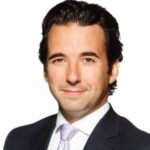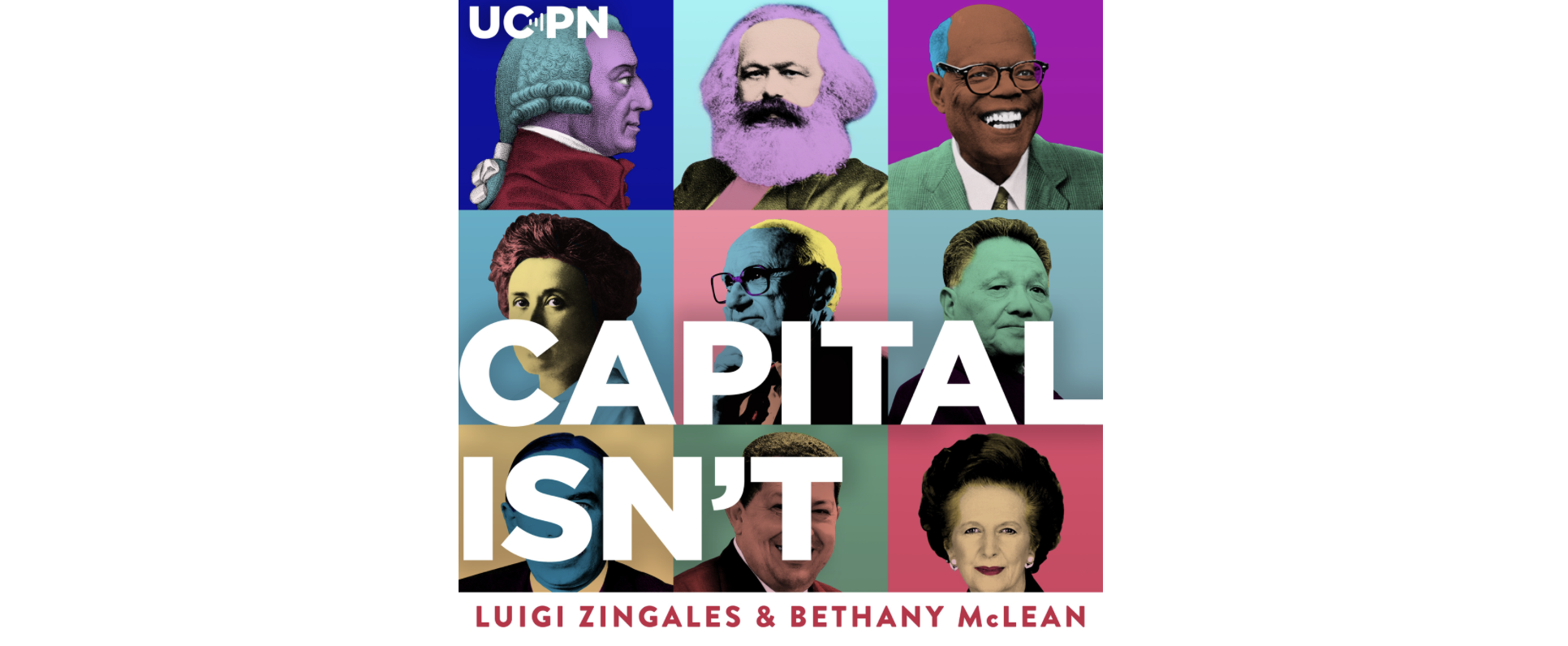
RECOMMENDED READING
Some time after I first met Oren, we had a good back and forth about neoliberalism, a term that has already appeared several times on this website and is at the forefront of American Compass’s mind. While Oren thought the word useful to describe the reigning economic orthodoxy we both found dissatisfying, I was more reticent to use it.
For one, none of today’s neoliberals, and very few of yesteryear’s neoliberals, identify as such. In fact, I can’t think of any prominent intellectual, politician or economist today who calls himself a neoliberal. In 1951, Milton Friedman did publish an essay entitled “Neo-Liberalism and its Prospects,” but he later abandoned the label.
Neoliberalism also seems too elastic a concept to be meaningful. An article by two political scientists surveying its various uses concludes that it is a “conceptual trash heap capable of accommodating multiple distasteful phenomena.” Indeed, one may question the value of a label that gets applied to every single President since Nixon, as well as to Hayek, Tony Blair and Deng Xiaoping.
In spite of these reservations, I have since come around, in part because I could not find a better alternative, but also because everyone else uses it and language is about common usage (English, in particular, is quite Hayekian in its embrace of a decentralized marketplace of words, unlike, say, the French with their Académie Française).
What exactly, then, is neoliberalism? This new liberalism, as Friedman explains, is an attempt to correct the “basic error” of nineteenth-century classical liberalism by its twentieth-century sympathizers. Classical liberalism failed to recognize that the state would need to do more than merely maintain order and enforce contracts. According to Friedman, it would also have to preserve competitive markets, ensure a stable monetary supply and alleviate misery.
For our purposes, the particulars of Friedman’s account matter less than the fact that neoliberalism came to mean private property and free markets—i.e. no centrally planned economy in which the state owns the means of production—plus some additional state functions. Friedman limited himself to three, but the neoliberal framework could readily accommodate others, like environmental, health, and safety regulations, or entitlements.
In the broadest sense then, anyone who advocates neither pure laissez-faire nor full-blown collectivism could be described as a neoliberal. Thus understood, the term is essentially useless as it applies to anyone to the right of Marx and to the left of von Mises (who, in 1947, famously stormed out of the first meeting of the Mont Pèlerin Society, which had been convened by Hayek, shouting “You’re all a bunch of socialists!”).
If neoliberalism is to have any meaning, we should instead identify its characteristic features, including the most capacious ones that account for the term’s elasticity. Neoliberalism, as the term is used today (and it should be noted that it is almost always used pejoratively), appears to have four salient characteristics:
- It is friendly to markets and business
- It tends towards open borders on trade and immigration
- It generally favors lower taxes and lighter regulation
- It accepts the need for a welfare state and redistribution
The pro-market and pro-business orientation covers pretty much everyone in mainstream American politics, with the exception of the Democratic Socialists and their fellow travelers. While Bernie Sanders doesn’t “believe government should own the means of production,” it is clear that he has no love for capitalism, no matter how woke. The rest of the left, by contrast, will give corporate America and the rich a pass so long as they genuflect at the altar of wokeness. Even the Trumpist right, for all its populist rhetoric, is neither anti-markets nor anti-business.
On trade and immigration, there is also a clear bipartisan neoliberal consensus in favor of something approaching open borders. Political exigencies obviously limit the ability of politicians to call for completely open immigration—although less so in the Democratic Party today—but the neoliberal commitment to the free movement of goods and peoples is undeniable. As President George H. W. Bush announced before the United Nations in 1990: “I see a world of open borders [and] open trade.”
The neoliberal consensus, however, breaks down when it comes to regulation and redistribution. Left-neoliberalism obviously favors considerably more of both than right-neoliberalism to the point where it is doubtful one can still speak of a shared commitment. Yes, Barack Obama wanted to cut taxes, as Oren reminds us, but he also championed Obamacare, Dodd Frank and the regulation of greenhouse gases. And yet, we are asked to view him as neoliberal, just like Ronald Reagan!
I also remain unconvinced by the “neoliberal narrative,” i.e. a once tightly regulated economy was (almost completely) opened up in the past four decades. While some industries were indeed deregulated—most notably trucking and airlines (by Ted Kennedy and Jimmy Carter)—and there were some significant repeals—most notably the Fairness Doctrine—ours remains a heavily regulated economy. Exhibits A, B, and C are environmental, health, and civil rights regulations. On this point, conservatives and libertarians are right.
The label “neoliberal,” then, is used in too sloppy a fashion when it comes to the government’s role in the domestic economy. But it remains useful to describe the post-Cold War bipartisan commitment to open borders. Neoliberalism is, in the final analysis, the worldview of those who believe that history has ended, that commerce can forever vanquish war, and that consumers can replace citizens. The future, neoliberals proclaim, lies in what the great prophet of the end of history called “the growing ‘Common Marketization’ of international relations.”
Recommended Reading
Is Common Good Capitalism the Answer?
American Compass executive director Oren Cass joins Luigi Zingales and Bethany McLean to discuss common good capitalism, China’s relationship with the U.S., Big Labor, and more.
The Cult for Growth
In this week’s Compass Point, Marginal Prophets, Matthew Walther turns his perceptive gaze to the “magical thinking” of neoliberalism, and brings along a delightful guide: 19th-century anthropologist James Frazer, author of The Golden Bough and keen observer of humanity’s superstitious traditions and priestly castes.
How the Policy Consensus Changes in America
There are two theories of how major policy changes happen in the United States of America. One theory is popular, widely believed and mistaken. The other is correct.













